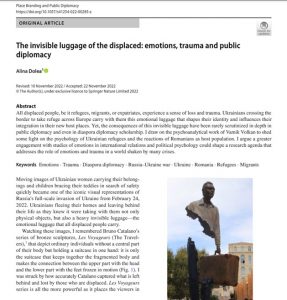
Dr. Alina Dolea, Associate Professor in Strategic Communication and Public Diplomacy in FMC, has published an article on emotions, trauma and public diplomacy in the academic forum on the #RussiaUkraineWar that she co-edits together with Nadia Kaneva (University of Denver) and Ilan Manor (PhD) (Ben Gurion University of the Negev) in Place Branding & Public Diplomacy
In the article, Alina argues all displaced people (refugees, migrants, or expatriates) experience a sense of loss and trauma and the Ukrainians crossing the border to take refuge across Europe carry with them this emotional luggage that shapes their identity and influences their integration in their new host places. Yet, the consequences of this invisible luggage have been rarely scrutinized in depth in public diplomacy and even in diaspora diplomacy scholarship. She draws on the psychoanalytical work of Vamik Volkan to shed some light on the psychology of Ukrainian refugees and the reactions of Romanians as host population.
Expanding from her research on Romanian diaspora (over 5 million) and the current Ukrainian refugees in Europe (over 8 million), Alina posits it is essential to understand the complex psychology, loss, emotions and trauma of displacement in diaspora diplomacy. It is necessary for theory building in order to develop analytical frameworks and research questions that link psychological processes with engagement and disengagement. In terms of practice, it can inform medium- and long-term policies of support and integration of refugees in host countries. Developing programs and encouraging grassroots initiatives aimed to increase multi-cultural awareness, communication and collaboration between newcomers and host populations is critical. Increased communication towards host publics is also needed in European countries especially because previous waves of migration and refugees have been instrumentalized in exclusionary, divisive political discourses that contribute to social anxieties, fears and phobias towards newcomers. Psychoanalytical approaches can shed light on the psychological processes that make illiberal, populist and extremist discourses effective as they instrumentalize chosen traumas and chosen glories.
This essay calls for integrating the study of emotions in public diplomacy and diaspora diplomacy research in order to (1) explore the breadth and depth of psychological processes that turn individual emotions into group emotions and (2) understand the potential of emotions to enable or disrupt engagement. Interdisciplinary research which engages with political psychology approaches that look at emotions, affect and trauma can provide new analytical insights into the inner worlds and lived experiences of the displaced, as well as into the emotions that shape representations, attitudes and behaviours of both newcomers and hosts. Such insights are much needed in designing policies aimed to support displaced groups and ease their integration and adaption in host countries. They can also contribute to more inclusive and positive public discourses about migrants and refugees.
The Academic Forum on the #RussiaUkraineWar captures a variety of epistemic reflections, creating a common space for scholars from diverse fields such as public diplomacy, strategic communications, global media studies, nation branding, international relations, post-Soviet studies, linguistics, and cultural studies. Together, we re-examined some of the concepts and practices that have shaped major debates in public diplomacy and identified new angles and approaches that can no longer be ignored in light of a world of many crises.

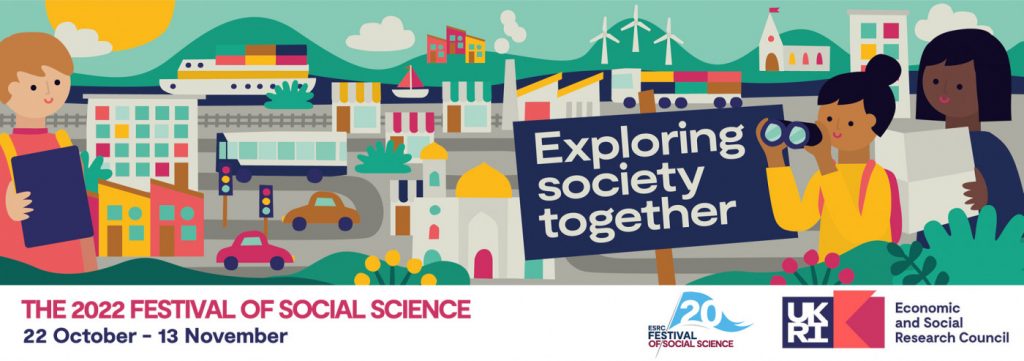
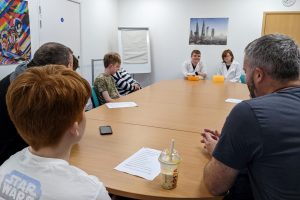
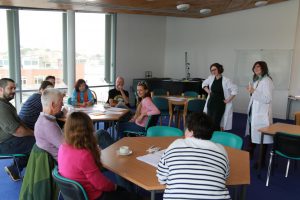
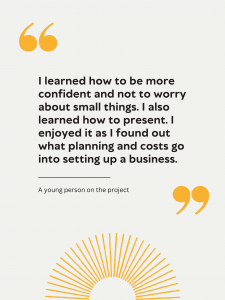
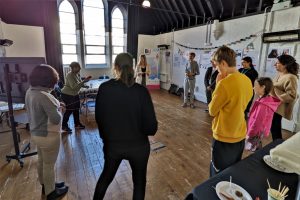
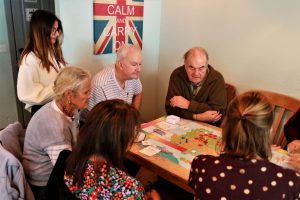
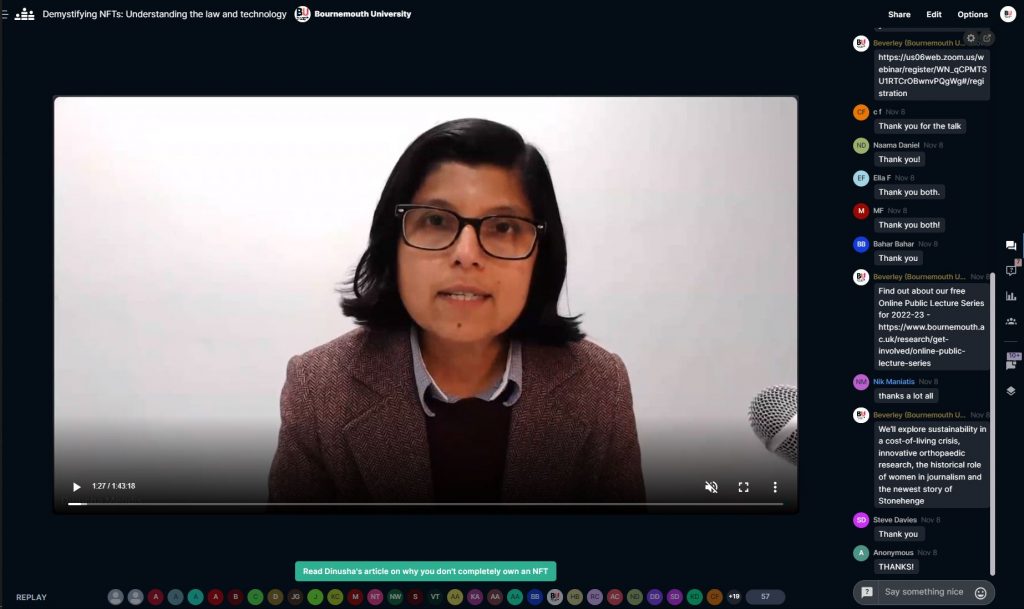
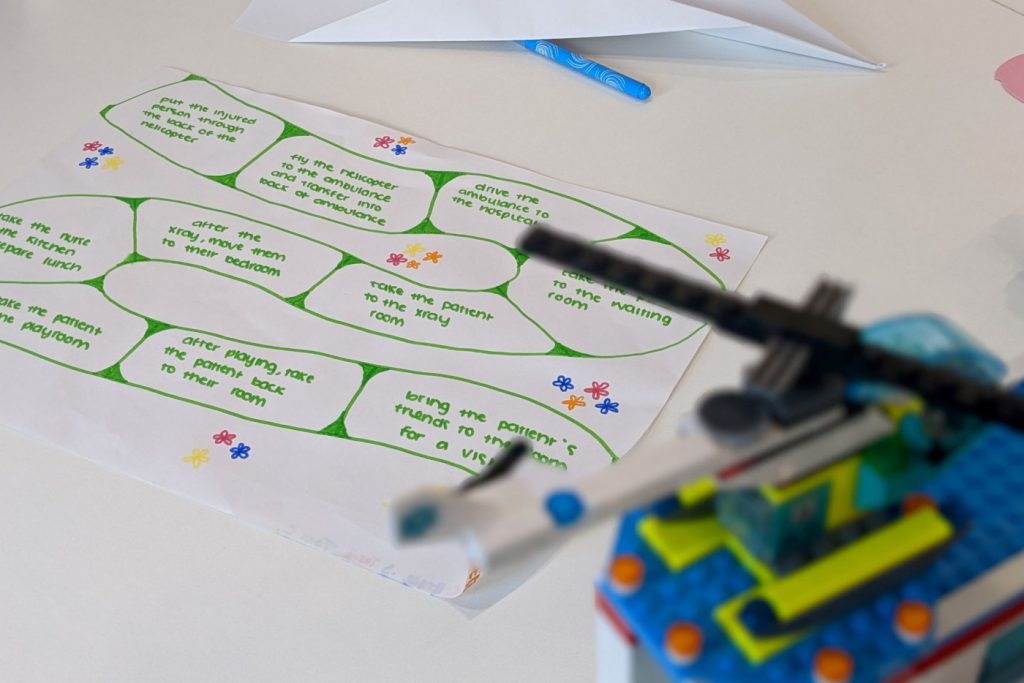
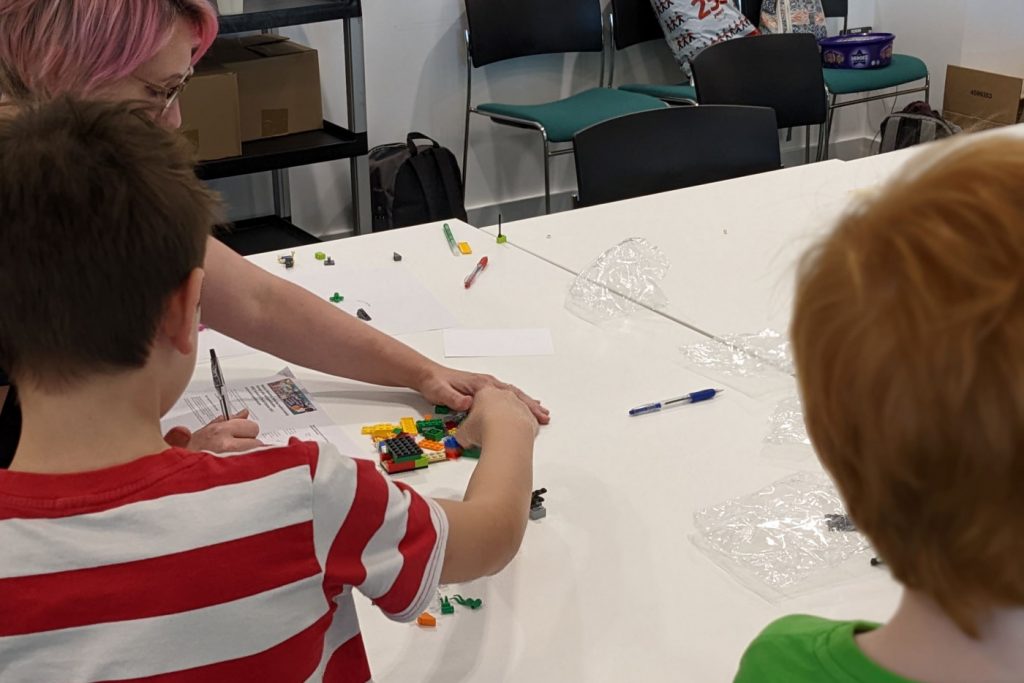


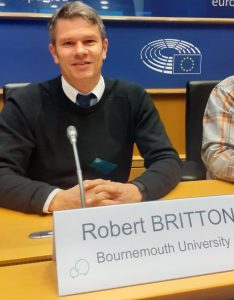


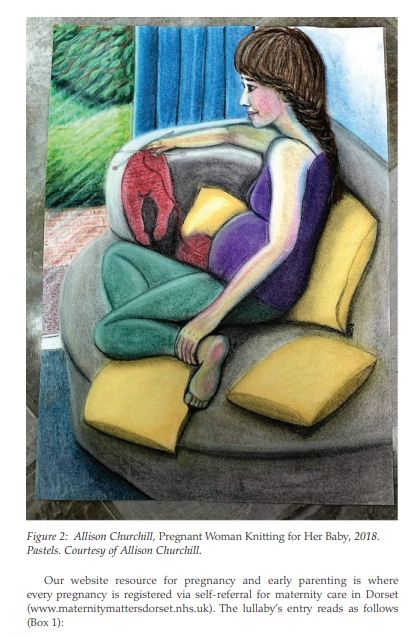



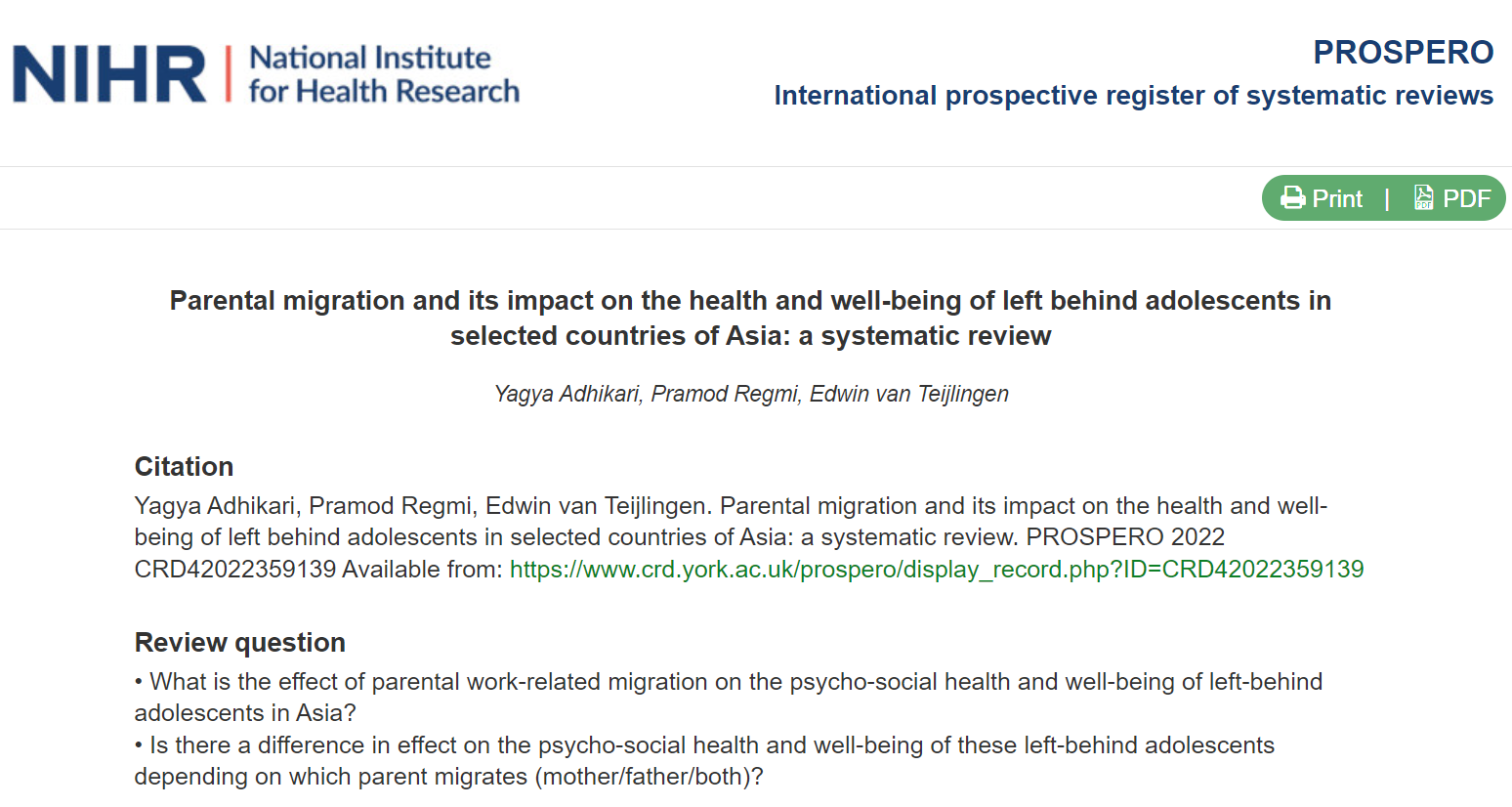
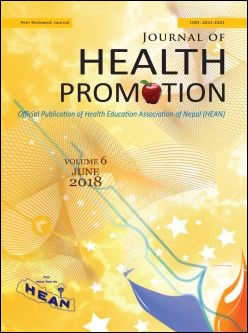
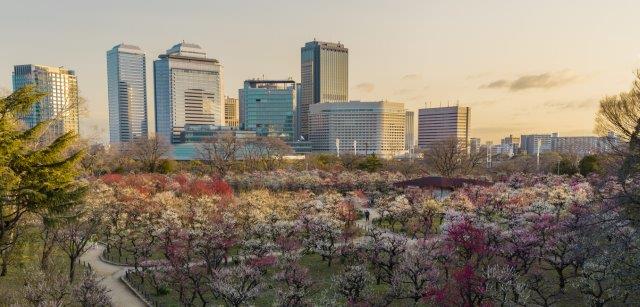
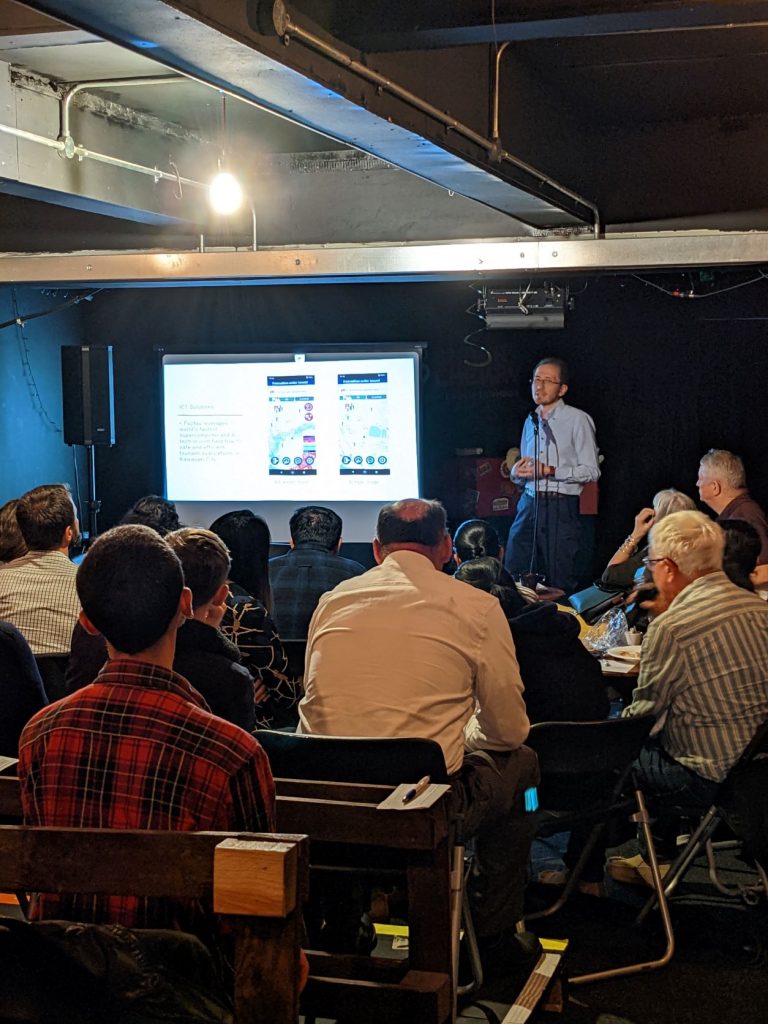 Due to my previous experience in public events, I anticipated that there would be many questions after the presentation. I prepared my answers to potential questions before the event, but they were difficult to predict, considering the debate going on about the climate change and its impact.
Due to my previous experience in public events, I anticipated that there would be many questions after the presentation. I prepared my answers to potential questions before the event, but they were difficult to predict, considering the debate going on about the climate change and its impact.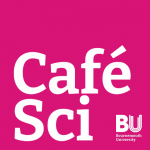











 SPROUT: From Sustainable Research to Sustainable Research Lives
SPROUT: From Sustainable Research to Sustainable Research Lives BRIAN upgrade and new look
BRIAN upgrade and new look Seeing the fruits of your labour in Bangladesh
Seeing the fruits of your labour in Bangladesh Exploring Embodied Research: Body Map Storytelling Workshop & Research Seminar
Exploring Embodied Research: Body Map Storytelling Workshop & Research Seminar Marking a Milestone: The Swash Channel Wreck Book Launch
Marking a Milestone: The Swash Channel Wreck Book Launch ECR Funding Open Call: Research Culture & Community Grant – Application Deadline Friday 12 December
ECR Funding Open Call: Research Culture & Community Grant – Application Deadline Friday 12 December MSCA Postdoctoral Fellowships 2025 Call
MSCA Postdoctoral Fellowships 2025 Call ERC Advanced Grant 2025 Webinar
ERC Advanced Grant 2025 Webinar Update on UKRO services
Update on UKRO services European research project exploring use of ‘virtual twins’ to better manage metabolic associated fatty liver disease
European research project exploring use of ‘virtual twins’ to better manage metabolic associated fatty liver disease